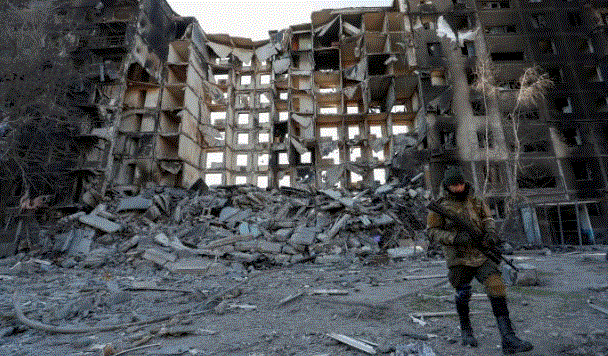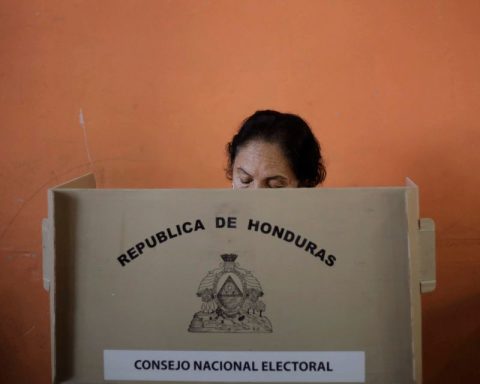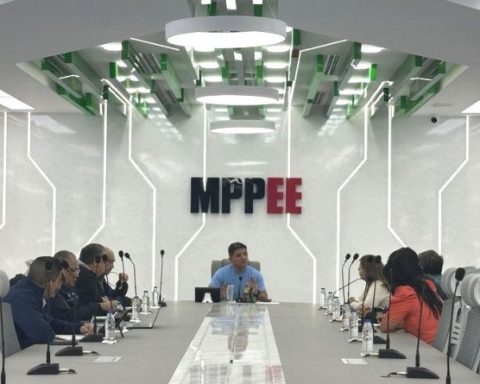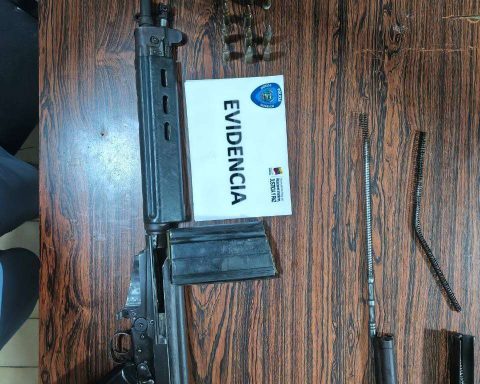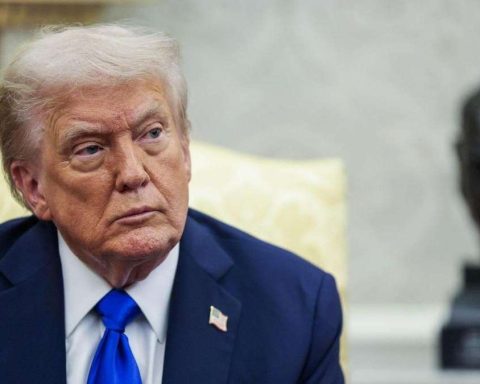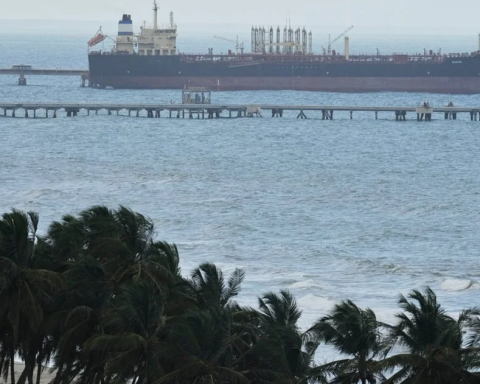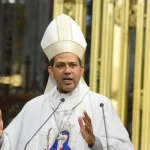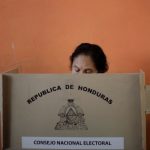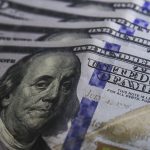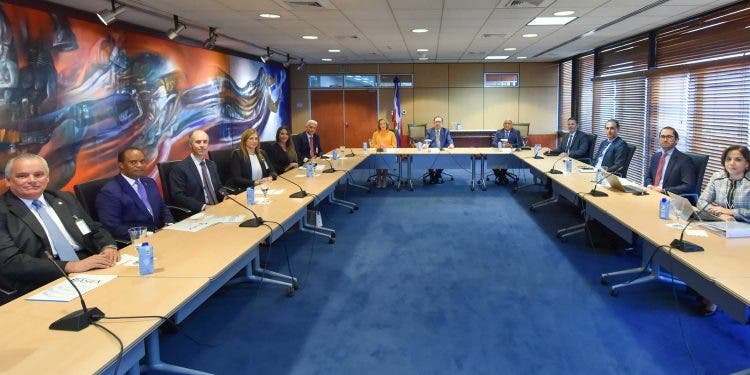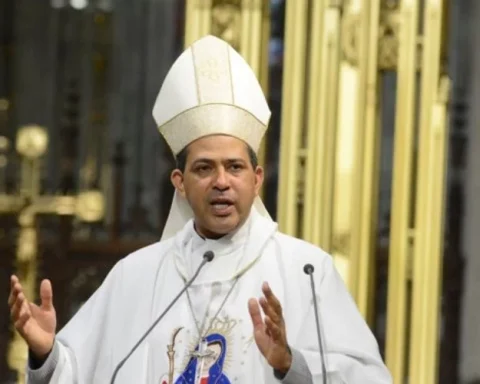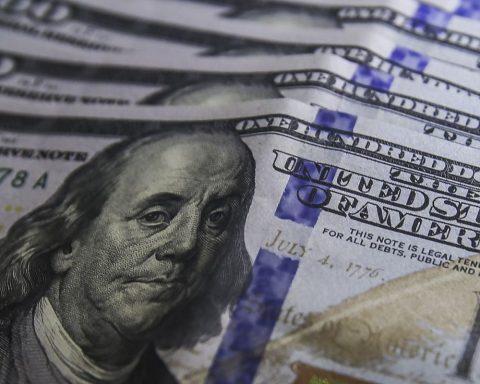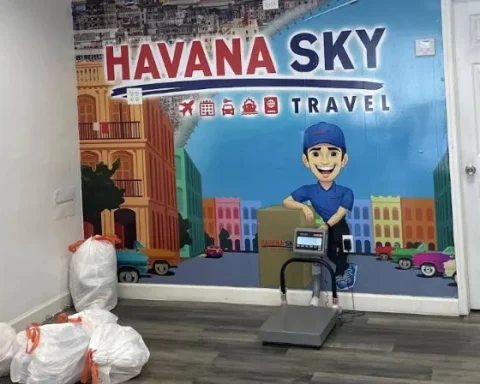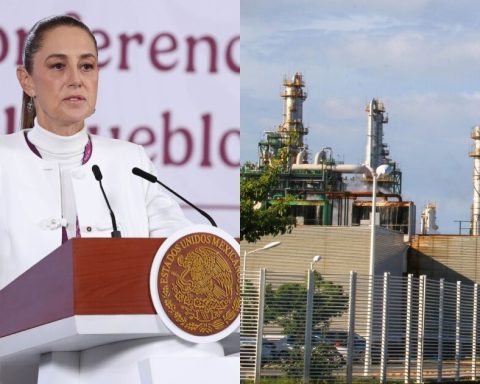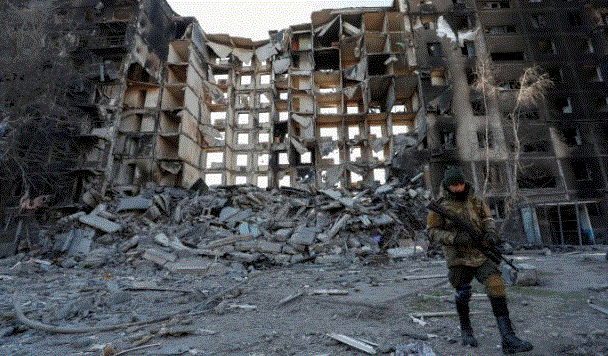
What balance will we have left, is the pertinent question, of Russia’s ongoing war against Ukraine – a nation “associated” with the European Union since 2014, which leaves food and energy incidences worldwide, and questions the current real power of United States – so that we have a fair consideration of its meaning?
Ukraine is an unstable unit of historical diversities, of miscegenation between different cultures over and above their original ones, some looking towards the West and others towards the East. It is and has certainly been a laboratory for geopolitical experimentation since its earliest days.
This being the case, the time can become an opportunity and the scenario in which the New Era –agreeed by Russians and Chinese– or the New Global Order that seeks to forge itself in the midst of a tension between the social niches in which it finds appropriate discernment. The West has been fragmented since 1989, after the collapse of the Iron Curtain.
In the immediate term, until the moment when the Ukrainians reacquire their independence in 1991, their self-determination has become a courageous and unfinished exercise of clashing wills, which still continues without a certain destination.
“In the 9th century it was the country of the Eastern Slavs, the largest and most powerful nation in Europe until the 12th century. Home of the first modern democracy, it was divided in the 19th century after the Great Northern War, most of it was integrated into the Russian empire and the rest into the Austro-Hungarian one” (Fermín Agusti, Cadena Ser, 2014).
Called Ukraine “the gate of Europe”, Herodotus speaks of the arrival of the Scythians – who formed Scythia in pre-Christian times, around the 8th century BC over its spaces and the south of Russia – trading with the Greeks and Persians and feeding on their sages, until the Slavs enter the scene. These, between the 9th and 13th centuries of the Christian era, establish the Rus of Kyiv – tributary of the orthodox catholicity of Constantinople and from which the great princes or czars of Russia govern, between the year 862 and 1157, when the schism occurs, that divides the monarchy, one resident in kyiv, the other in Moscow, between 1154 and 1240.
During the 16th to 18th centuries a part of the Ukraine becomes dominated and integrated into the Commonwealth of the Two Nations that form the Grand Duchy of Lithuania and the Kingdom of Poland, which in turn brought together the current Poland, the Belarusian Ukraine, Latvia, Estonia and the called Western Russia. But looking then towards the cultural west, the Ukrainians, the Cossacks – multicultural social formations, descendants of Slavs, and nomads – later formed the Hetmanate in their lands, with their customs and forms of self-government, based on military traditions. And the Tatars – part of the Turkic peoples – create their own state there, the Crimean Khanate, today “reconquered” by Putin’s Russia.
At that time, between 1648 and 1654, the famous Khmelnirski Rebellion or the Chmielnicki Revolution took place in the Ukrainian spaces, which brought together around the hetman of that name Cossacks from Zaporozhia, from the Dnieper region, the Crimean Tatars and Orthodox against the Commonwealth, relaxing its Polish, Jewish, and Roman Catholic controls; this, in search of creating an autonomous Cossack state and that at its end it only reaches that the Cossack lands pass to the control of the Russians, in what is known as The Deluge. Poland thus loses a third of its territory (Perry Anderson, The absolutist state, XXI Century, Madrid, 2007). The majority of the Ukrainian population considered themselves different from the Lithuanians and Poles who ruled them.
From then until the 20th century, that mosaic of cultural realities that syncretize the roots of the West with that of the East, Ukraine, began to divide to form part of two empires, the Austrian or Austro-Hungarian and the Russian. The Ukrainians wanted to build their own nation between 1917-1921 mediating the Bolshevik revolution, which they resist together with the Poles. But in the end, unlike Poland, which retains its entity, Ukraine is diluted within the Soviet Union, offering 8 million victims during the Second Great War, of which 1.5 million were Jews.
It is Ukraine, in short, the suffering victim of the Holodomor, The Great Terror, the Holocaust, and even the Chernobyl catastrophe. And it was only in 1991, two decades ago, when the possibility of building a unitary, free and democratic State, under the republican form, came to them, as a group of diversities. It has not been easy for them.
After the independent governments of Kravchuk (1991-1994) and Cuchma (1994-2005), followed by the Orange Revolution, which denounced electoral fraud in the dispute over the presidency between Viktor Yushchenko (2005-2010), which eventually prevailed Viktor Yanukovych, a pro-Russian leader of the Party of Regions who will succeed him (2010-2014), threatened by the Revolution of Dignity or Heudomaidon, a pro-European and nationalist, Putin finds the milestone or argument to pull out the ax of war by promoting again the fragmentation of the country as did its predecessors in imperial Russia. The parliament had voted for his impeachment and he flees from kyiv, to which effect, in flagrant violation of international law, he annexes Russia to Crimea.
International law affirms that “the territory of a State shall not be the object of acquisition by another State derived from the threat or use of force”. The UN has not been able to guarantee it to the Ukrainians, since 2013. It has become salt and water. The war is still there, while the dignity of the Ukrainians who resist is raised. That yes, the reports of war feed the international agencies dividing their narratives, without the dialogues offering a certain and immediate hope. We are experiencing an “epochal break”, which will undoubtedly affect all of humanity.
